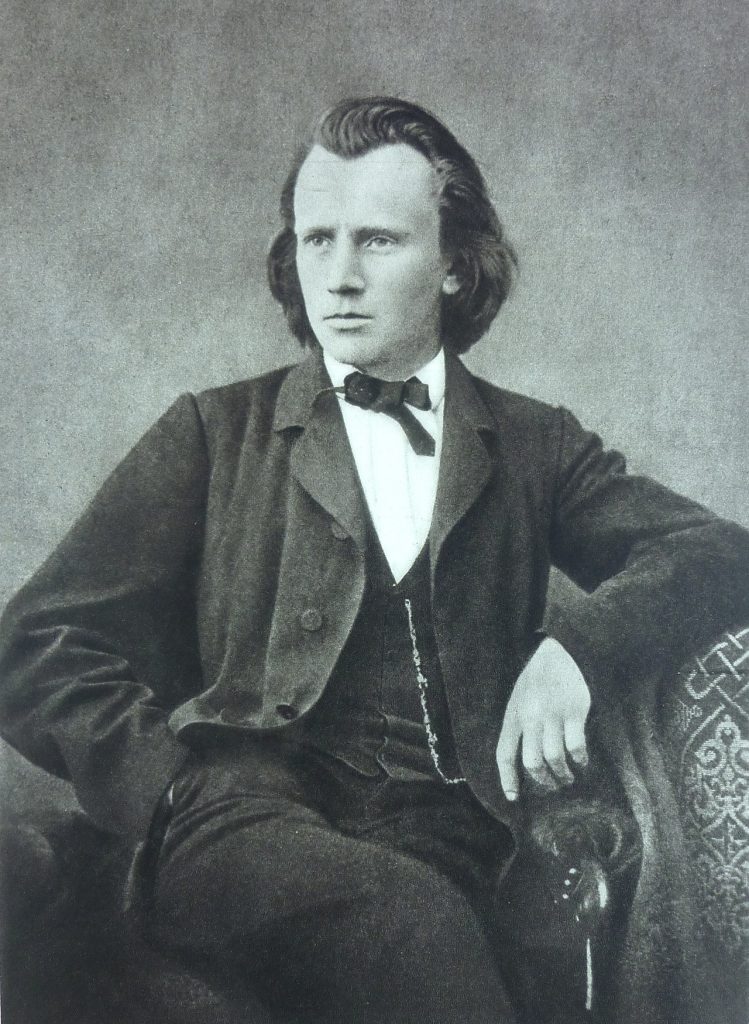The underlying text of Brahms German Requiem is widely considered to be a tribute to his late mother and a comfort to the grieving. It cannot be a coincidence that he began it in the year of his mother’s death.
Composed between 1865 and 1868 the Requiem is a sacred, non-liturgical piece consisting of 7 movements lasting between 65 and 80 minutes. Making it Brahms longest composition.
Originally conceived as 6 movements (1-4, 6, 7 of the final work) Brahms had completed movements 1, 2 and 4 by April 1865 The second movement was a reworking of material written in 1854 after the mental collapse and attempted suicide of his friend and mentor Robert Schumann.
By August 1st 1866 Brahms has completed all but the 5th movement. The first 3 movements were performed on December 1st 1867 in Vienna. This performance was, to say the least, poorly received due to the timpanist’s misinterpretation of the markings (pf played as f or ff) effectively drowing the choral fugue section of the 3rd movement.
The first performance of the complete 6 movement work was conducted by Brahms on Good Friday, 10th April 1868, in Bremen Cathedral.
In May 1868 Brahms composed an additional movement, which became the 5th movement in the final work, for Soprano solo and chorus. This movement is most readily associated with the death of his mother, the words relating to the sadness of loss and comfort.
The final, 7 movement, version was premiered in Leipzig on the 18th February 1868. This performance proved to be a major turning point in Brahms career.
Hear how the work has touched lives in this BBC Radio 4 program from 2013.
The Chamber Choir will perform this beautiful piece in the 2 piano version in Worcester Cathedral on Saturday, 29th April 2023.
How has Brahms German Requiem affected you?








